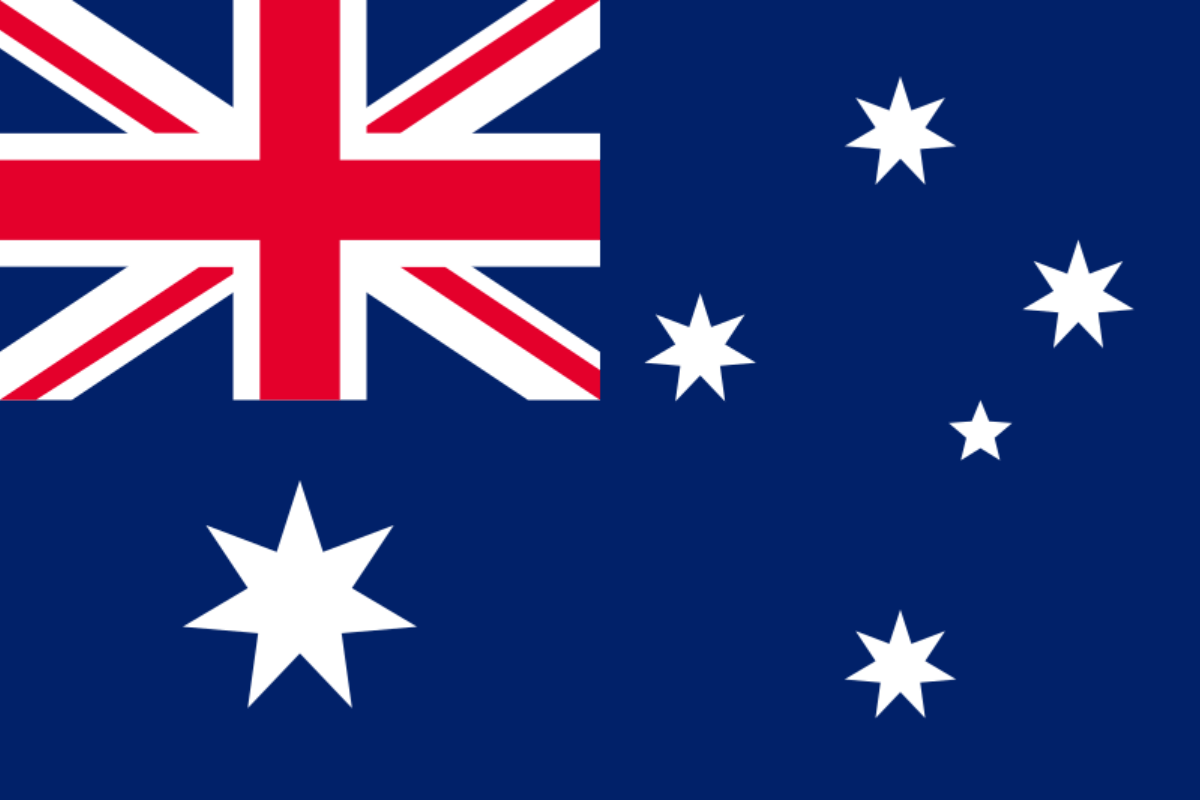Australia, a country as diverse in its geography as it is in its colloquial expressions, has garnered a variety of nicknames and terms that reflect its unique regions and cultural identity.
From “Oz” to “The Sunshine State,” these names offer more than just shorthand; they provide insights into the character and essence of different Australian locales.
This article explores the popular nicknames for Australia and its cities and states, uncovering the stories and meanings behind these affectionate terms.
Let’s get started!

Slang for Australia
Straya
A casual, affectionate abbreviation of “Australia,” often used in a light-hearted or patriotic context.
It reflects a laid-back approach to speech common among Australians.
Oz
A widely used affectionate nickname for Australia, derived from the shortening of “Aus” in “Australia.”
Down Under
Refers to Australia’s geographical position in the Southern Hemisphere, often used in a playful context.
The Great Southern Land
A term that emphasizes Australia’s vastness and its position in the southern part of the globe.
The Lucky Country
Originally used ironically in a book title, this term now often refers to Australia’s prosperity, lifestyle, and natural resources.
The Sunburnt Country
Stemming from Dorothea Mackellar’s poem, it highlights Australia’s warm climate and vast arid landscapes.
The Wide Brown Land
Another phrase from Mackellar’s poem, depicting the vast, open landscapes of Australia.
Bush
Refers to the sparsely populated rural areas of Australia, known for their natural, rugged beauty.
Slang for Australian States and Territories
The Apple Isle (Tasmania)
A nickname for Tasmania, reflecting its apple production history and picturesque landscapes.
The Top End (Northern Territory)
Refers to the northernmost part of Australia’s Northern Territory, known for its tropical climate and rich Indigenous culture.
The Festival State (South Australia)
South Australia is known as The Festival State due to its numerous and varied festivals throughout the year.
The Garden State (Victoria)
Victoria is often called The Garden State, highlighting its beautiful gardens and parks, especially in Melbourne.
The Sunshine State (Queensland)
Queensland’s warm, sunny climate earns it the nickname The Sunshine State.
The Wildflower State (Western Australia)
Western Australia is known as The Wildflower State for its abundant and diverse wildflower blooms, particularly in spring.
Slang for Australian Cities
Brisvegas (Brisbane)
A playful nickname for Brisbane, combining its name with Las Vegas, often alluding to its vibrant nightlife.
The ‘Gong (Wollongong)
An affectionate abbreviation for the coastal city of Wollongong, known for its steel production and scenic beaches.
Slang for Australian Residents
Sydneysiders (Residents of Sydney)
A term used to describe the residents of Sydney, Australia’s largest and most cosmopolitan city.
Melburnians (Residents of Melbourne)
Refers to the residents of Melbourne, a city renowned for its arts, culture, and coffee.
Canberrans (Residents of Canberra)
The term for residents of Canberra, Australia’s capital city, known for its political significance and cultural institutions.

